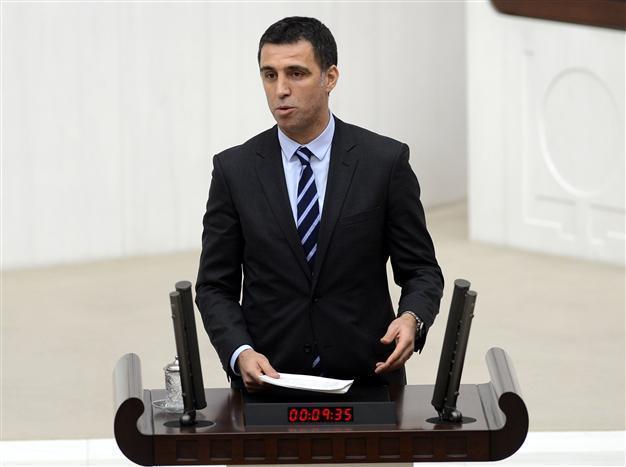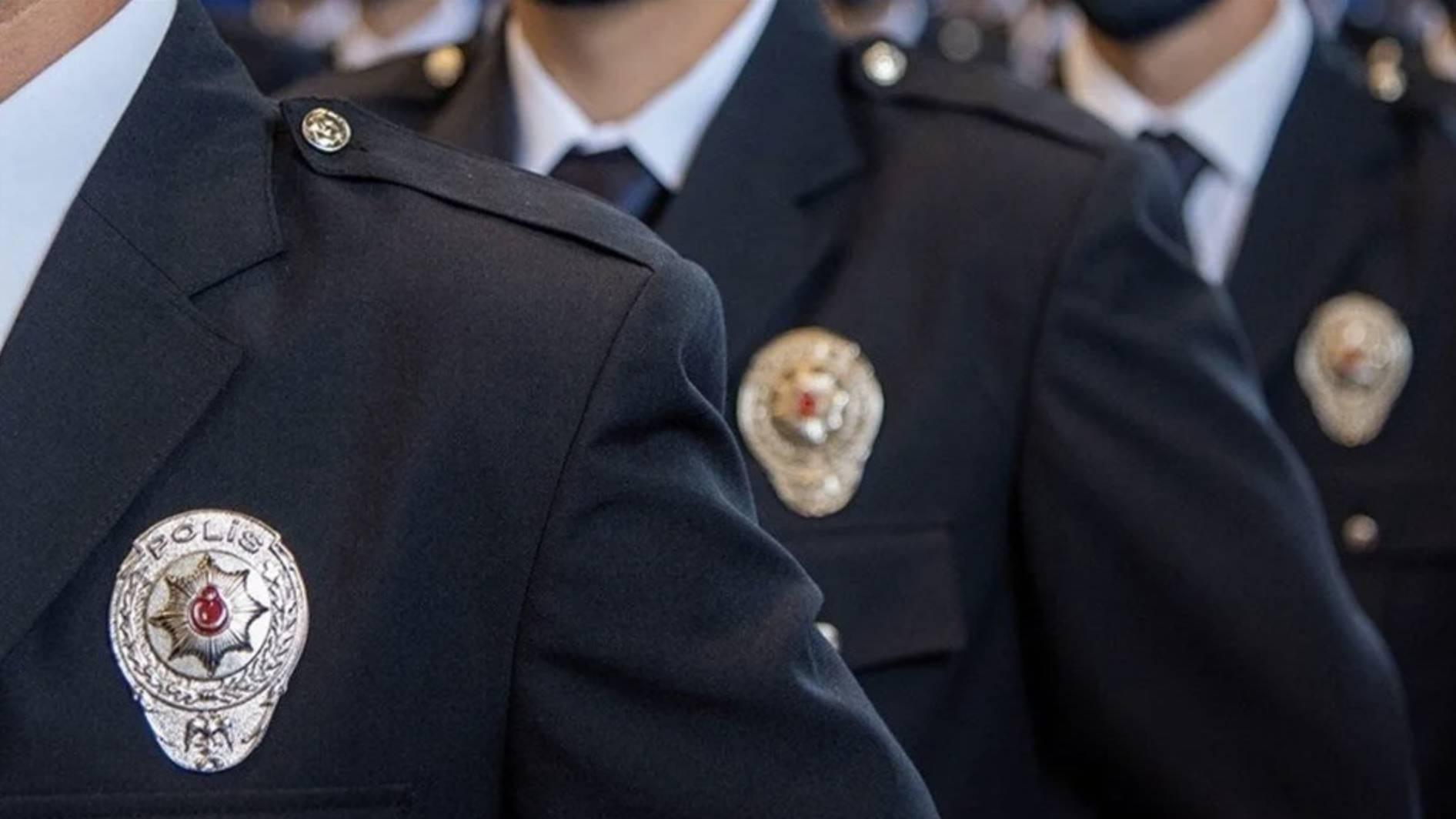Hakan Şükür urged to quit Parliament, not only ruling AKP
ANKARA – Hürriyet Daily News

Hakan Şükür announced his resignation from the AKP in a statement released on the evening of Dec. 16. AA Photo
Prime Minister Recep Tayyip Erdoğan has upped the ante after the resignation from the ruling Justice and Development Party (AKP) of a deputy known as a close follower of U.S.-based Islamic scholar Fethullah Gülen, calling on him to resign from Parliament.“Why should I be upset?” Erdoğan was quoted as saying, responding to reporters on Dec. 17, when asked whether he was disappointed with ex-professional footballer Hakan Şükür’s resignation, as Şükür had become an AKP member upon his own invitation.
“Someone would heartily wish that if a person is running in elections under the party’s flag, then he will act with the party. If he is quitting, he will not only leave the party; if he is honest, then he will leave Parliament as a deputy, having not come to the Parliament after being elected as an independent deputy. That’s what should happen,” Erdoğan told reporters in Konya, where he was set to attend the annual Şeb-i Arus ceremony – also known as the “reunion night,” an idiom used to mark Mevlana Jalaladdin Rumi’s alleged union with God.
“Actually, the moral aspect of the issue requires this action. But, of course, this is not something granted to everybody,” Erdoğan added bitterly.
Şükür announced his resignation from the AKP in a statement released on the evening of Dec. 16. “For over 20 years, I have known and loved the Hizmet [Service] movement,” Şükür said. “To treat these people, who have staunchly supported the government in every issue ... as enemies is nothing but ingratitude at best.”
Despite Erdoğan’s challenge, his party has been on red alert following the resignation, as rumors say more lawmakers close to the Gülen movement could resign in the upcoming days.
Last month, AKP Kütahya deputy İdris Bal resigned from the party without waiting for the final decision after being sent to the AKP discipline board upon his public criticism of the AKP government’s plan of “transforming” the private “cram schools” that prepare high school students for Turkey’s highly competitive university entrance exam.
At the time, Şükür, the former Galatasaray, Inter Milan and Blackburn Rovers soccer player, also voiced his objection to the move through messages posted on his Twitter account.
The plan, which seems to be put on the shelf until after the early elections in March 2014, has made ongoing tension between the government and the movement extremely visible in the eyes of the public. Although the government prefers to dub the move as a transformation, it is widely interpreted as a closure of the cram schools, a considerable number of which have been run by businesspersons who have ties with the Gülen movement, known in Turkish as “Cemaat” (community) or “Hizmet” (service).
Soon after Şükür’s resignation, AKP deputy parliamentary group chairs were commissioned to persuade lawmakers who are known to be close to the movement or have sympathy for Gülen.
AKP executives reportedly thanked some lawmakers close to Gülen movement for “remaining silent and obeying party discipline.”
The likes of İzmir deputy İlhan İşbilen, Karaman deputy Mevlüt Akgün, Burdur deputy Hami Yıldırım, Muş deputy Muzaffer Çakar, Istanbul deputy Muhammed Çetin, Manisa deputy Muzaffer Yurttaş, Bursa deputy Hüseyin Şahin and Kayseri deputy Ahmet Öksüzkaya are particularly cited as potential figures who may resign since they have already publicized their objections to the government’s plan regarding cram schools.
















